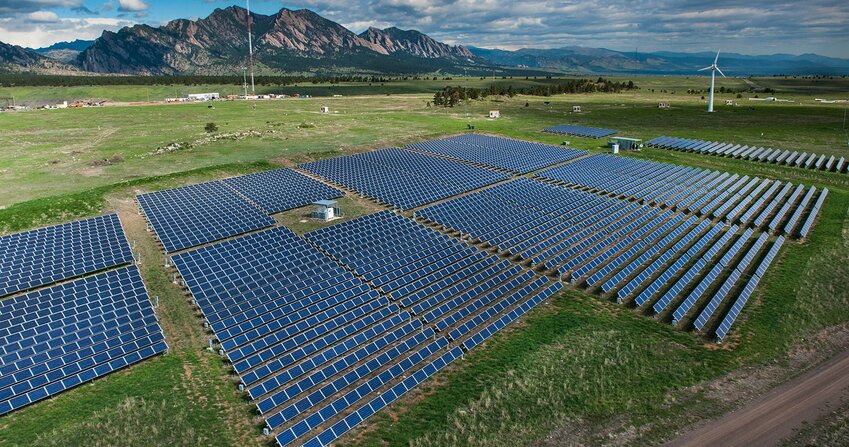harun

(Credit: U.S. Department of Energy)
As part of its recently launched Utility Transformation Challenge initiative, the Smart Electric Power Alliance (SEPA) recommends utilities undergo a series of cultural and business model changes, such as linking executive compensation to carbon reduction goals, to support the transition to a carbon-free, clean energy future.
Many utilities across the U.S. have publicly stated carbon or emission reduction goals, including carbon-free or net zero goals by 2050, according to the SEPA Carbon Reduction Tracker. However, most utilities do not currently link CEO pay to decarbonization goals, according to the Energy and Policy Institute, and that includes some of the highest-paid CEOs in the sector. The Institute completed its extensive analysis in September of last year.
To accelerate the U.S. utility transformation, the Smart Electric Power Alliance (SEPA) has developed the Utility Transformation Challenge initiative, which includes:
SEPA conducted the Utility Transformation Survey in the spring and summer of 2020. Survey questions were based on four dimensions: clean energy resources, corporate leadership, aligned actions and engagement, and modern grid enablement. SEPA received responses from 135 utilities representing 63% of all U.S. electric customer accounts. The majority -- nearly 70% -- were investor owned utilities.
Key takeaways:
- Explicit commitments to carbon reduction are an important and necessary first step for utilities. Utilities with stronger commitments have made the most progress.
- The transformation goes beyond clean energy resources. A comprehensive approach is needed that touches all dimensions of utility business and operations.
- A transformation of utility culture is necessary. Leadership, transparency and accountability facilitate the transition to a clean and modern future.
- Utilities can’t achieve a carbon-free system alone. Leading utilities are proactively and strategically working with stakeholders to facilitate the transformation.
Key recommendations:
- Strengthen carbon-reduction commitments by setting ambitious, science-based targets, with interim goals and detailed plans to achieve them.
- Address the transformation comprehensively across the organization through changes to processes, programs and structures that will accelerate clean energy adoption.
- Embrace the clean energy transformation as a core element of the utility mission and culture. This will require changes, such as linking executive compensation to carbon reduction goals, establishing transparent emissions tracking and reporting, and pursuing internal carbon reduction initiatives.
- Engage customers, technology partners, peer utilities and regulators early and often to build a common understanding and shared vision.
- Integrate equity considerations and goals into efforts to ensure all community members can participate in and benefit from the clean energy transformation.
 (Credit: U.S. Department of Energy)
(Credit: U.S. Department of Energy)